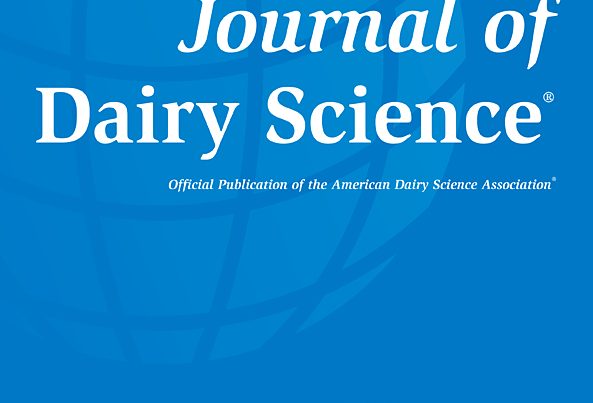Document type article published in the National Hog Farmer
Author: Ann Hess
Preview: Management, nutrition and genetic selection may be key to mitigating heat stress-related health issues, production losses. [...]A research animal scientist with the USDA Agricultural Research Service, Johnson was the first to present Wednesday in a free USDA webinar series titled, "ARS Research to Mitigating the Impacts of Heat Stress on Animal Health and Well-being in the Livestock Industry." Johnson shared the production and economic impacts heat stress has had on the swine industry. When sows are lactating or gestating are, he said the effects of heat stress can be compounded.
"In an attempt to remain euthermic and maintain homeostasis, pigs will have a variety of different biological responses to heat stress, and these are performed in an attempt for that animal to maintain survival and it prioritizes survival over its productive state," Johnson said. "Due to this, we see a variety of different production losses, things like reduced lean muscle growth and meat output per pig, reduced body condition, poor animal welfare outcomes and in severe cases, mortality can occur." [...]" We know that in utero heat stress, or IUHS, is associated with negative economically relevant postnatal phenotypes in pigs. The effects of IUHS can be observed throughout a pig's lifetime and we've seen that the first half of gestation generally elicits the most negative responses," said Johnson. "A primary risk factor for IUHS is elevated maternal body temperature, so either a chronic and low increase, or an acute and high increase in body temperature. We see a direct piglet impact of IUHS, things like reduced birth weights, greater pre farrowing embryonic, or fetal losses, reduced weaning weight and lower survival rate of these piglets."
Johnson's research team is interested in finding out the future impact on offspring after they're born. IUHS has a wide variety of negative postnatal impacts in pigs that occur during all phases of the swine life cycle, Johnson said. These can elicit negative responses such as a greater stress response in animals, reduce growth rate, decreased feed efficiency, increased heat stress sensitivity, impaired reproductive performance, altered immune function and decreased meat quality and quantity.
"These all occur independent of the postnatal environment that these pigs are raised under, and so the question remains, how do we fix this?" Johnson said. [Johnson's group has been focused on improving heat stress resilience - the ability to cope with and recover from a heat stress challenge - through a three-pronged approach examining management, nutrition and genetics.






